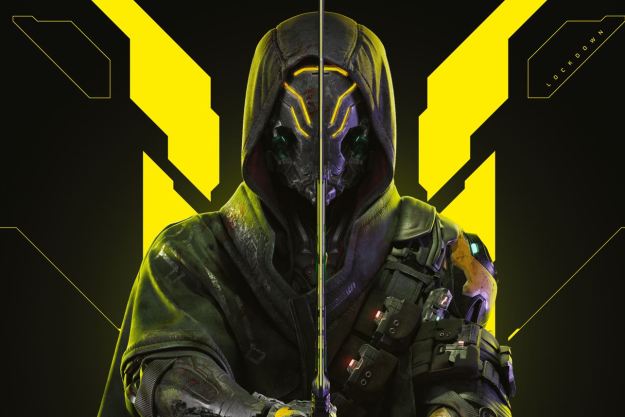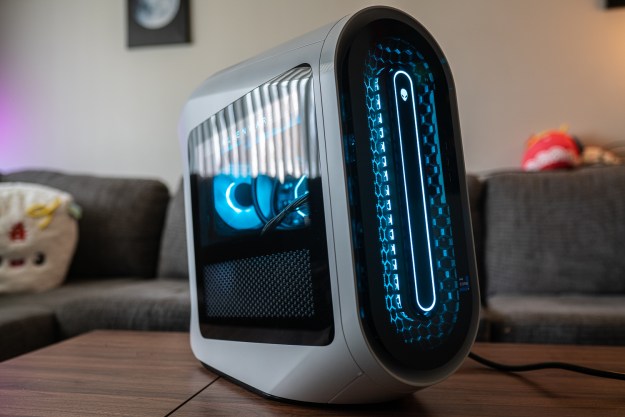
If you’d be so kind as to indulge us, we’d like to conduct a quick experiment. Ready? Alright, open a new tab in your browser of choice and navigate to your Facebook page. Once there, click around a bit. It doesn’t really matter what you pull up; the important part here is that you spend a few minutes perusing at least a half-dozen different aspects of Zuckerberg’s ubiquitous social network. Once you’ve seen all you need to see, your job is done.
Now, recalling the pages you’ve just seen, how many of them featured ads for video games? Not the sort of bombastic advertisements you’d expect to precede a big release from EA or Activision, but instead the smaller, mostly text ads for stuff like the above-pictured Farmville, Words With Friends and Mafia Wars. In our experience, these ads appeared on every single page we saw, and many of these pages featured ads for multiple casual titles.
Given this abundance of advertising and the frankly massive number of games on offer through Facebook alone, one might expect casual games to be the gaming industry’s latest, most crucial cash cow. This idea is corroborated by the innumerable number of articles written over the past few years heralding casual gaming as the future of the games industry. Yet, a new report based on the events of the recent Digital Game Monetization Summit in San Francisco claims that these titles only account for a relatively minuscule 10 percent of the total revenue pulled down annually by the $50 billion gaming industry.
The problem? According to Paul Thelen, CEO of casual games creator Big Fish Games, many of the companies developing titles like those that Big Fish develops have little idea of how to properly monetize this niche space. “You need to match the game mechanic to the business model, and the monetization needs to match the business model of the game,” Thelen claims. “If you have a game that has 6 to 8 hours of linear gameplay and when you finish it, you’re done, there are very limited ways you can monetize that game. What we’ve done is a simple transaction; you buy it, just like you would buy a book. It’s very hard to monetize a book with free-to-play.”
Big Fish, whose games feature price points ranging from $7 to $20, plans to release 250 games in the course of 2013. For most traditional gaming companies that would be an unthinkable amount of development work, but the casual games model allows developers to put in far less work, for far less cash, and still wind up with a game that will appeal to a large enough swath of the market to earn a profit. The biggest budget titles coming from Big Fish are created for a mere $500,000 (with roughly an additional $20,000 tacked on to port the title to iOS and Android devices). Given the small development teams necessary to create a casual game, Big Fish has relatively tiny development costs, thus it takes far less revenue for the company to show notable profit.
Greg Richardson, CEO of Rumble Entertainment, is a bit more cynical about the future of casual gaming. “Of the $50 billion that was spent worldwide last year on games, less than 10 percent was spent on casual content,” Richardson states. “These companies were really smart around analytics and monetization and very light in terms of product and content creation. I’m not sure any of those things are particularly sustainable. The future lies in going into the larger part of the market which is people that self-identify as gamers, and where the user acquisition and long-term value creation comes from making great games.”
While this does serve to explain how casual games can be both “the next big thing” and only account for 10 percent of gaming industry revenues, it certainly doesn’t justify the level of hype this segment has received in the recent past. It remains to be seen whether this figure will increase over the next few years, but if any lessons are to be taken from the Digital Game Monetization Summit it’s that perhaps we’ve all become prematurely psyched for the endless bounty promised by casual games publishers. $5 billion is still a significant chunk of change, but it’s going to take a massive amount of growth before casual games might be seen as realistic competition for big blockbuster titles like the Call of Duty franchise or Microsoft’s Halo series.


